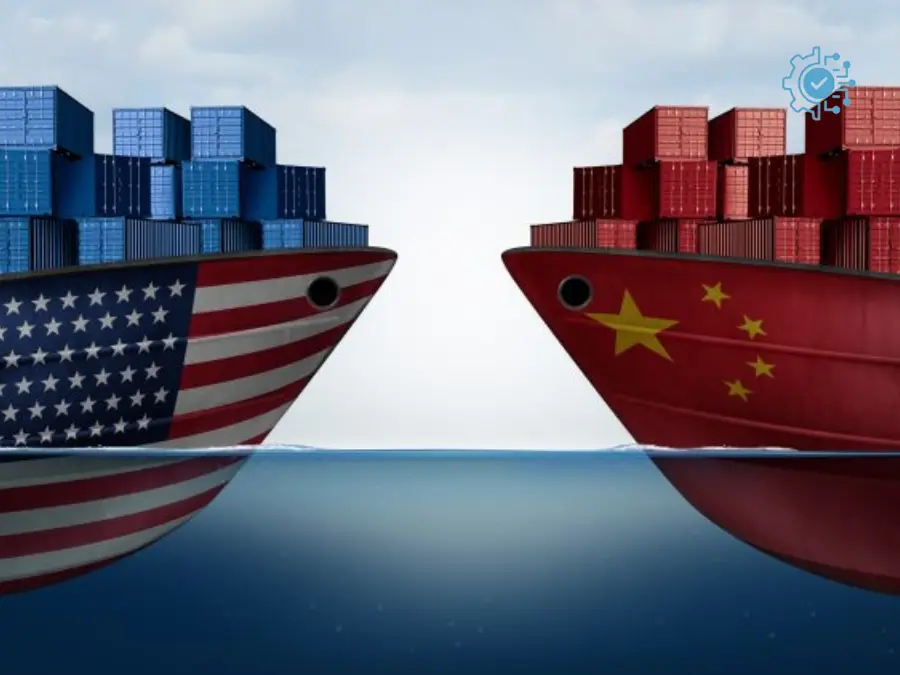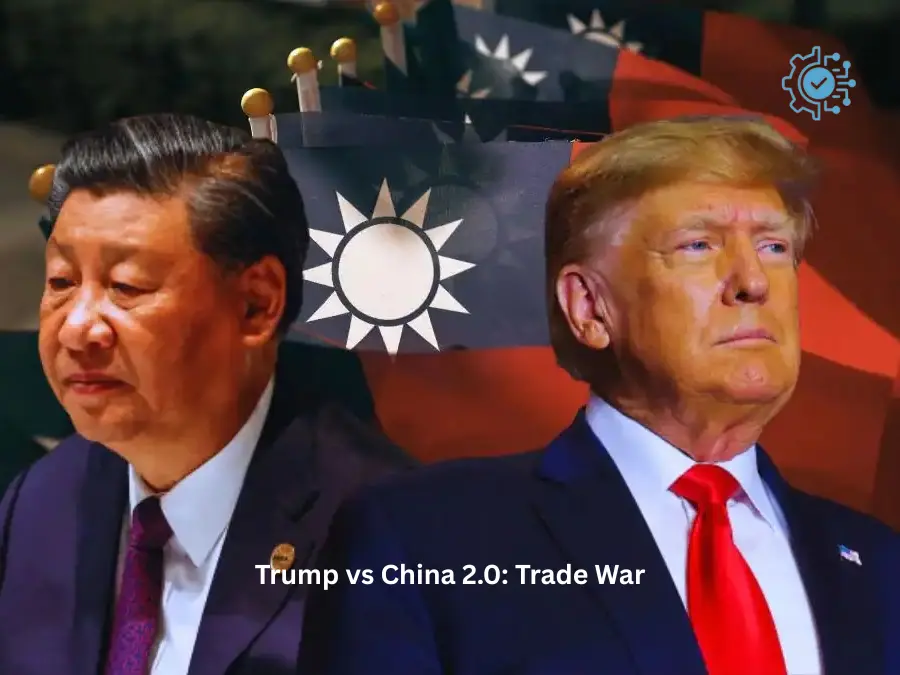A New Chapter in the Trump vs China Trade War
The Trump vs China trade war is once again dominating headlines as the former U.S. President signals a return to aggressive trade policies. With the 2025 presidential election campaign heating up, Donald Trump has renewed his tough rhetoric on China, promising even harsher tariffs and stricter trade regulations if re-elected. The Trump vs China trade war 2.0 isn’t just a replay — it’s gearing up to be more intense and disruptive than ever before.
As the global economy struggles to stabilize post-COVID and amid geopolitical uncertainties, Trump’s revived trade strategy could have sweeping implications. This blog delves into the unfolding dynamics of the Trump vs China trade war, its potential impact, and what it means for global trade, investors, and everyday consumers.
Trump’s Bold Trade Agenda: Tariffs, Tensions, and Tough Talk
Donald Trump has made no secret of his disdain for what he calls China’s “unfair trade practices.” The original Trump vs China trade war began during his presidency in 2018 and saw waves of tariffs imposed on Chinese imports. Now, Trump is doubling down with a trade war 2.0, proposing a 60% tariff on all Chinese goods.
Trump argues that such tariffs are necessary to revive American manufacturing and reduce dependency on foreign supply chains. “China is ripping us off,” he said in a recent rally, reinforcing his long-standing view that aggressive economic tactics are key to rebalancing the trade deficit.
Economists, however, warn that escalating the Trump vs China trade war could backfire. Higher tariffs often lead to increased costs for American businesses and consumers. Moreover, retaliatory measures from China could damage U.S. exports, particularly in agriculture, tech, and automotive sectors.
How China Is Responding to the Trade War 2.0
In typical fashion, China is not taking Trump’s threats lightly. The Chinese government has hinted at retaliatory tariffs of its own and increased scrutiny on American companies operating in China. The Trump vs China trade war has already seen tit-for-tat measures in the past, but this new phase could bring harsher responses, including targeting strategic sectors like semiconductors and green tech.
Furthermore, Chinese media outlets have condemned Trump’s proposed tariffs as “economic bullying,” warning that continued escalation could derail bilateral talks and international trade cooperation. The Trump vs China trade war will not just be a political tool — it’s shaping up to be a defining issue in global diplomacy.

Economic Fallout: What’s at Stake in the Trump vs China Trade War?
The Trump vs China trade war 2.0 could trigger a cascade of economic consequences. During the first trade war, American farmers, small businesses, and tech firms felt the squeeze. If Trump’s new tariffs are implemented, analysts predict:
- A rise in consumer prices for electronics, clothing, and machinery
- Slower GDP growth due to disrupted supply chains
- Declining investor confidence and stock market volatility
- Increased tension in international trade alliances
Additionally, companies that shifted production away from China during the first Trump vs China trade war might now be scrambling to reassess global sourcing strategies once again.
Political Reactions: Divided Over Trump’s Trade Playbook
Unsurprisingly, the political reaction to Trump’s renewed trade war with China is mixed. Supporters see it as a necessary move to protect American industry and counteract Chinese influence. They argue that the Trump vs China trade war sends a strong message and could lead to fairer trade deals in the long run.
Critics, including several economists and even some GOP members, warn that excessive tariffs could isolate the U.S. from global markets and spark inflation. President Biden’s administration has taken a more measured approach with selective tariffs and diplomacy, highlighting the stark contrast in trade philosophies.
The Trump vs China trade war is now a central talking point in the 2025 election debate, dividing voters, lawmakers, and business leaders alike.
The Global Implications of a Renewed Trump vs China Trade War
The Trump vs China trade war is not just a bilateral issue — it’s a global concern. A renewed economic conflict between two of the world’s largest economies could disrupt supply chains from Vietnam to Mexico, affect oil prices, and even influence central bank policies around the world.
Countries heavily reliant on Chinese imports or American exports could find themselves caught in the crossfire. Global tech companies, in particular, face increased risk as restrictions on Chinese components and tech-sharing agreements come under scrutiny once more.
Can the Trade War Be Avoided?
While Trump’s hardline stance suggests an aggressive path forward, there’s still time for diplomacy. Trade experts argue that there’s room for renegotiation and economic cooperation that doesn’t rely on blunt-force tariffs. Whether Trump is willing to engage in such dialogue remains to be seen.
However, if history is any indication, the Trump vs China trade war is more than just a campaign promise — it could redefine global trade norms for years to come.
Conclusion: Trump vs China Trade War 2.0 Is a Battle to Watch
As Trump intensifies his 2025 campaign, the Trump vs China trade war has re-emerged as a cornerstone of his economic agenda. With the potential to reshape everything from tech policy to grocery bills, this isn’t just political theater — it’s a battle that could alter the course of global trade.
Whether you’re an investor, a policymaker, or just someone watching prices at the store, the Trump vs China trade war 2.0 is a development that demands attention. The question now is not whether the trade war will escalate, but how far it will go, and what the world will look like in its aftermath.
Breaking War Update on TechNewsHubs: Fresh flare-ups in global hotspots spark rising tensions, signaling a new wave of geopolitical unrest.







